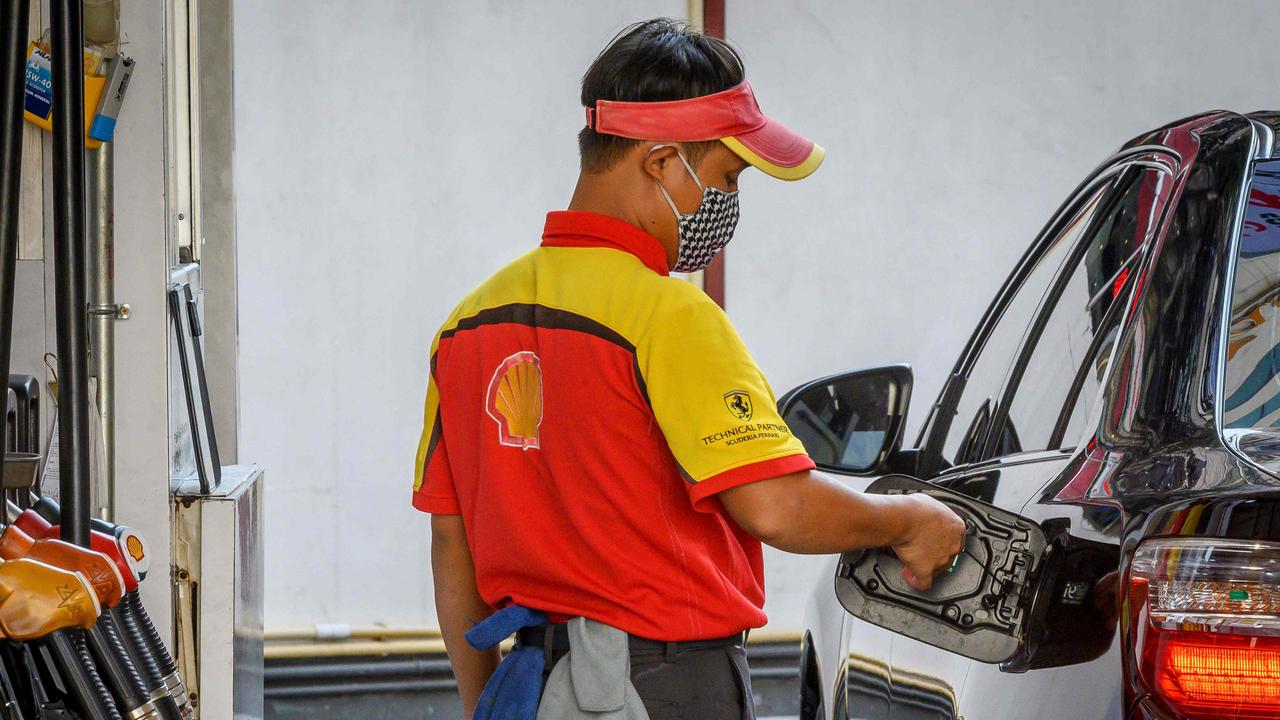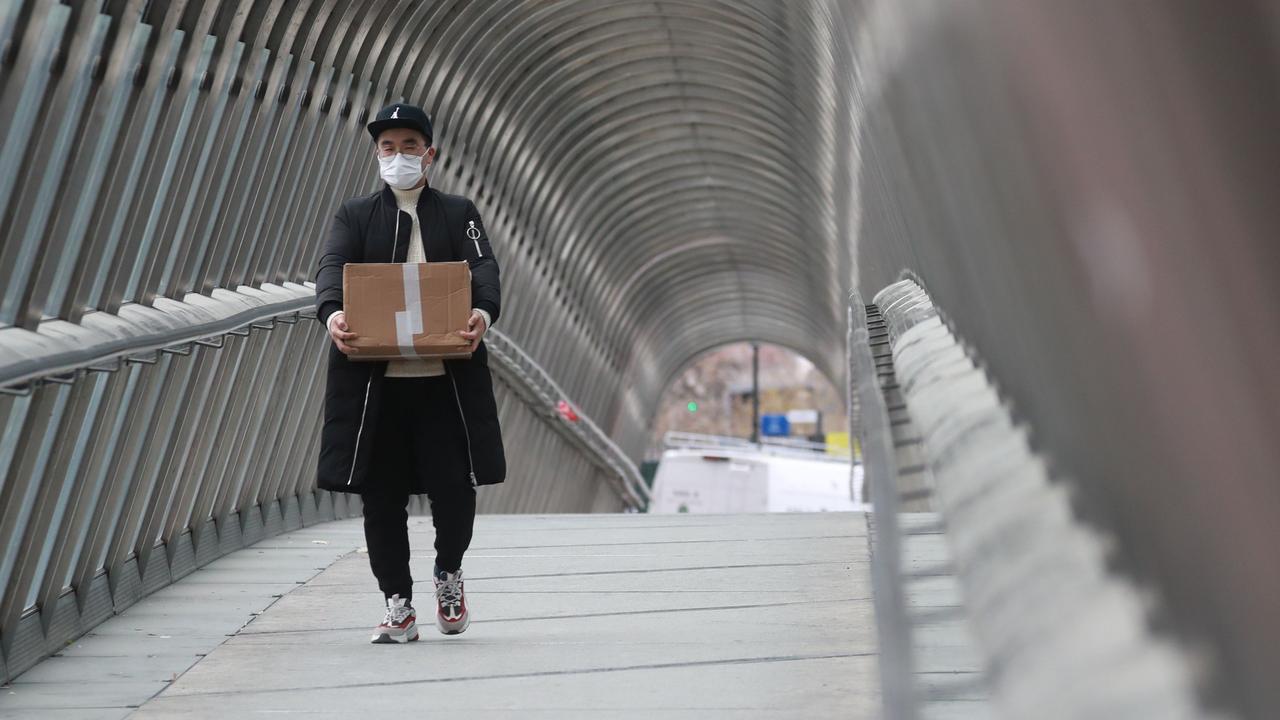Coronavirus: How long COVID-19 survives outside the body
Some of the world’s top virus experts have worked out how long COVID-19 can survive outside of the body.

Some of the world’s top virus experts have worked out how long COVID-19 can survive outside of the body.
New research suggests that the airborne disease – which can be deadly and cause serious illness, and has infected more than 378,000 people worldwide – can live for three days on some surfaces, like plastic and metal.
The risk of touching these materials and becoming infected, according to the study published by the New England Journal of Medicine, is still low – but is a stark reminder that people need to be exercising proper hand and oral hygiene.
The research comes as Sydney Mayor Clover Moore announced on Monday that pedestrian crossing buttons in the CBD have been turned off and now don’t have to be touched, in a bid to slow community transmissions of the coronavirus.
“The state government has set all lights in our CBD to cycle between traffic and pedestrian access normally,” Ms Moore said in a post on Instagram.
RELATED: Follow the latest coronavirus updates

“If you need to be in the CBD, don’t push the button – just wait for the green signal then cross.”
The study also suggests that the virus disintegrates over the course of a day on cardboard, lessening concerns among consumers that deliveries and mail would spread the virus.
“Outside the body, we believe this virus only survives on (an) object minutes to an hour or so, not the days it takes your goods to travel the globe,” vice president of America’s National Foundation for Infectious Diseases, Patricia A. Stinchfield, told Fox News.
HOW LONG COVID-19 SURVIVES ON THESE SURFACES:
• When the virus is attached to airborne droplets like moisture from coughs and sneezes, fog, dust or medical gases, it can survive up to three hours.
• On copper surfaceslike draw handles, virus can last up to four hours.
• On cardboard boxes and mail, the virus lives for up to 24 hours.
• On plastic and stainless steel, the virus last the longest – between two and three days. Non-porous surfaces like metal doorknobs, plastic or metal buttons, handrails, light switches, keyboards and desks seem to let the virus survive the longest, the study found.
• On glass, a separate report found that COVID-19 can live as long as nine days.
RELATED: All your questions about coronavirus answered


Much is still unknown about the virus’s survivability on other types of surfaces like clothing, or carpeting. Though, infectious disease expert at Brigham and Women’s Hospital Daniel Kuritzkes told NPR, based on prior research it seems that “flat surfaces and hard surfaces are more friendly to viruses than cloth or rough surfaces”.
Food is also probably “not a major risk”, he said, because most infection from COVID-19 starts with the respiratory system, not the digestive tract.
“Of more concern would be utensils, and plates and cups that might be handled by a large number of people in a cafeteria setting, for example.”
The experts said that while the virus can survive these periods of time, the amount of “viable virus” decreases sharply as time passes. And, unless the people who handle any of these materials directly before you do are sick, the actual risk of getting infected from touching any of the surfaces is relatively low.
RELATED: Damaging myth around the use of hand sanitiser
Microbiology professor at Georgetown University, Julie Fischer, told AP that people needed to keep following good hygiene practices.
“What we need to be doing is washing our hands, being aware that people who infected may be contaminating surfaces”, and keeping hands away from the face, she advised.
To help protect yourself from becoming infected with coronavirus, you should:
• Avoid close contact with people who are sick.
• Avoid touching your eyes, nose and mouth.
• Stay home if you are unwell.
• Cover your cough or sneeze with a tissue, or cough and sneeze into your elbow.
• Clean and disinfect frequently touched objects and surfaces.
• Wash your hands frequently.




